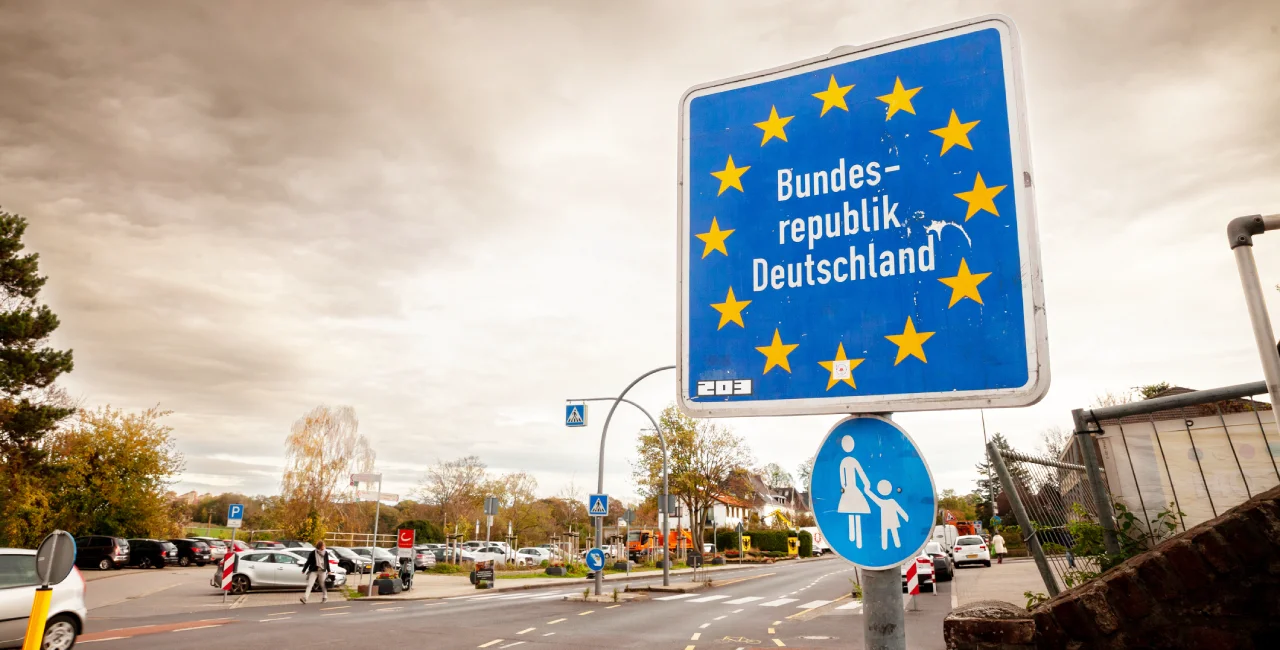German Interior Minister Nancy Faeser is now calling for short-term full security checks at the border with Czechia and Poland to address the ongoing migration issue. Faeser's stance was revealed in an interview with Welt am Sonntag, as reported by welt.de, indicating a shift in Germany's approach to border control.
Faeser emphasizes that these short-term checks would serve as a crucial measure to combat people smugglers who exploit the open borders between Germany and its neighboring countries.
Previously, Faeser had been opposed to the idea of full stationary checks at the border with Czechia and Poland, considering them ineffective. During debates earlier this summer in the Bundestag, she had advocated for random checks and covert searches as more viable options.
However, in her new interview with Welt am Sonntag, which will appear in the Sunday edition of the paper, Faeser proposes full checks as well as deploying German police officers on Czech territory, drawing inspiration from the Swiss model where such cooperation has already been implemented. She disclosed that negotiations on this matter were already underway.
Furthermore, Faeser announced a joint Czech-German task force, aimed at intensifying efforts to combat people smuggling. This cooperation would involve joint registration of people smugglers and the mutual exchange of crucial security information, along with an extension and intensification of joint patrols.
Czech Interior Minister Vít Rakušan confirmed this collaboration, highlighting its focus on tackling people smuggling. He assured that the German government did not intend to reintroduce permanent long-term controls at the Czech-German border, signaling a cooperative approach to border security.
Vzhledem ke zhorÅ¡ujÃcà se situaci na balkánské migraÄnà trase jsme se s nÄ›meckou ministrynà vnitra @NancyFaeser dohodli na intenzivnà spolupráci nÄ›mecké a Äeské @policiecz v boji proti pÅ™evadÄ›Äům. Policejnà tým pÅ™ipravuje konkrétnà opatÅ™enÃ, dalÅ¡Ã jednánà se uskuteÄnà v pÅ™ÃÅ¡tÃm…
— VÃt RakuÅ¡an (@Vit_Rakusan) September 22, 2023
The issue of border checks has gained significance in the lead-up to state elections in Hesse and Bavaria, where migration and border controls are hotly debated topics. While some conservative leaders, like Hesse's Minister-President Boris Rhein, advocate for border checks with Czechia and Poland, others, such as Bavarian counterpart Markus Söder, do not favor them for Bavaria.
In her interview, Faeser stresses the importance of combining additional checks with comprehensive border surveillance and covert searches, highlighting their effectiveness in maintaining security.
Covert searches in Germany involve searches conducted without specific suspicions, often employing plainclothes police officers in unmarked vehicles.
Representatives of various German regions and the opposition conservative Christian Democratic Union have also called for the reintroduction of full border checks, following the Austrian model implemented in 2015, albeit at selected crossing points.
Despite her prior opposition to full security checks, Faeser's recent statements signal a willingness to adapt border control strategies to address the evolving challenges posed by migration. She noted that the Federal Police would establish an operational analysis center and collaborate closely with Polish and Czech authorities to combat people smugglers.
Faeser also revealed that Germany had received approximately 200,000 asylum applications by the end of August, with projections suggesting this number could reach 400,000 by the end of the year. German regions have raised concerns about their capacity to care for migrants amid this influx.












 Reading time: 2 minutes
Reading time: 2 minutes 


























